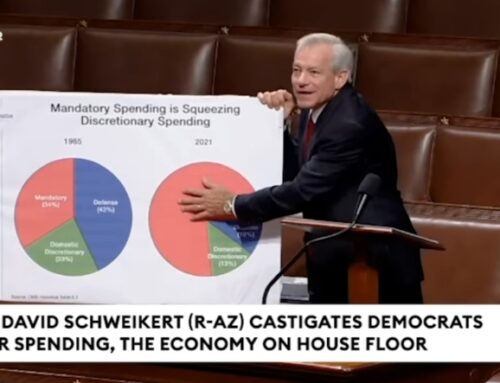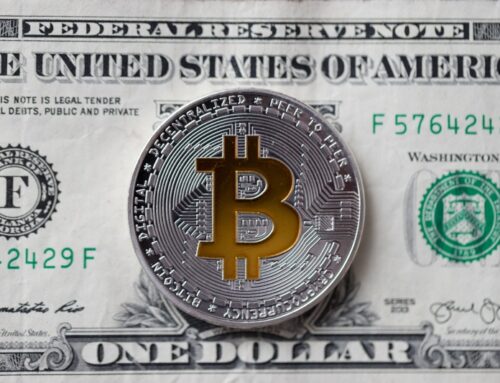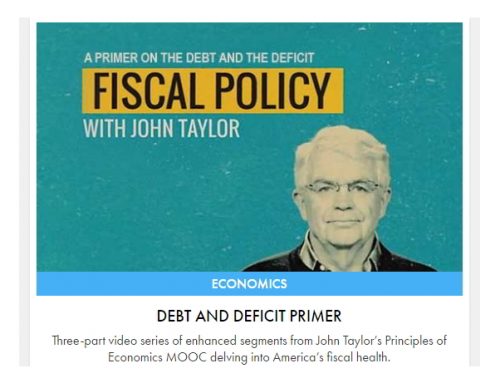Blythe Masters….call your office.
It’s very important to understand the natural and ever-present friction (war?) between real money and monopoly money, and how that friction impacts your life and your ability to earn a living, support yourself and your family, and, in so doing, find an expression for your liberty. If the economy in which you live has been totally destroyed by bank fraud and market manipulation, it’s pretty hard to be free, isn’t it? Most of the interactions you will have with the other people on planet Earth are economic interactions. This means that the ability to control the value of money is the ability to control life itself.
The Framers knew this. From the U.S. Constitution:
Section 8
- The Congress shall have Power…
To coin Money, regulate the Value thereof, and of foreign Coin, and fix the Standard of Weights and Measures;
To provide for the Punishment of counterfeiting the Securities and current Coin of the United States;
- Section 10
No State shall enter into any Treaty, Alliance, or Confederation; grant Letters of Marque and Reprisal; coin Money; emit Bills of Credit; make any Thing but gold and silver Coin a Tender in Payment of Debts; pass any Bill of Attainder, ex post facto Law, or Law impairing the Obligation of Contracts, or grant any Title of Nobility.
Here’s the problem: note that “money” is something that must be “coin”ed. Everyone knows the difference between coins and paper bills, right?
Jefferson:
- “Specie [coined money] is the most perfect medium because it will preserve its own level; because, having intrinsic and universal value, it can never die in our hands, and it is the surest resource of reliance in time of war.” –Thomas Jefferson to John Wayles Eppes, 1813. ME 13:430
- “Paper is poverty,… it is only the ghost of money, and not money itself.” –Thomas Jefferson to Edward Carrington, 1788. ME 7:36
- “The evils of this deluge of paper money are not to be removed until our citizens are generally and radically instructed in their cause and consequences, and silence by their authority the interested clamors and sophistry of speculating, shaving, and banking institutions. Till then, we must be content to return quoad hoc to the savage state, to recur to barter in the exchange of our property for want of a stable common measure of value, that now in use being less fixed than the beads and wampum of the Indian, and to deliver up our citizens, their property and their labor, passive victims to the swindling tricks of bankers and mountebankers.” –Thomas Jefferson to John Adams, 1819. ME 15:185
We have gradually allowed coined precious metal “money” to be replaced by paper bills. These paper bills were once redeemable into the precious metals themselves, and the issue of paper was limited by the amount of coins into which they could be redeemed. Now, the paper bills are irredeemable, thanks to Comrade Roosevelt. When this fact is coupled with the fact that Congress has abrogated its Constitutional responsibility by delegating “monetary policy” to the Federal Reserve, we find ourselves in a situation where a non-accountable organization can emit a limitless amount of paper things they call “currency”. The central banksters euphemistically call this “Quantitative Easing.”
But people aren’t stupid. When the central bankers of the world crank up the printing presses, smart money starts moving into precious metals. This makes precious metals prices the “canaries in the coalmine” of irredeemable fiat currencies. If the bankers are going to stay in charge and keep their currency game going, they have to control precious metals prices, either directly or though intermediaries.
Allegations of market manipulation have flown around the precious metal markets for the past decade. The ongoing banking crisis has forced these issues to the fore. Our last post detailed one lawsuit filed against JP Morgan, alleging manipulation of the silver market. Since then, two more suits have been filed, one alleging RICO (Racketeering Influenced and Corrupt Organizations) violations, the other alleging profiteering at the time of the Bear Stearns acquisition by JPM (Bear was known to have a significant silver position).
The first new suit alleges that JPM and HSBC colluded to manipulate the silver market by amassing huge short positions (selling silver promises) they had no intent to fill.
The second new suit:
- The complaint alleges that around June 2008, when JP Morgan acquired Bear Stearns, including Bear Stearns’ short positions in silver futures, JP Morgan and HSBC commenced a conspiracy to manipulate, and did manipulate, the market for silver futures and options contracts on COMEX. Specifically, the complaint alleges that around this time, JP Morgan and HSBC, pursuant to their conspiracy, acquired massive short positions on silver futures contracts in an effort to artificially depress the price of the silver futures market. The defendants realized substantial illegal profits in connection with their scheme, while investors who had no knowledge of the scheme, lost substantial amounts of money because of the defendants’ conduct.
Never forget: the ability to control the value of “money” is the ability to control life itself. Markets either are free, or they are not.





